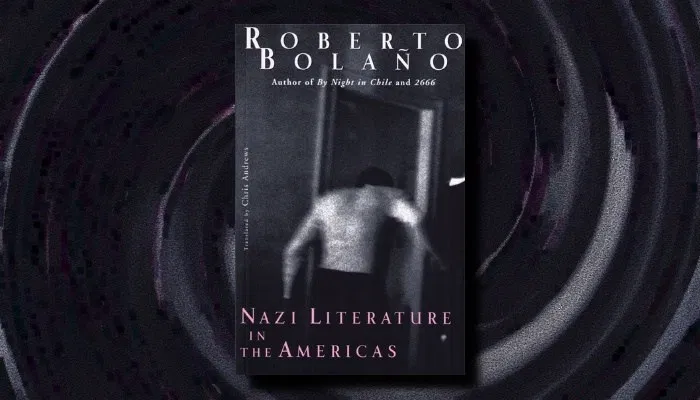Nazi Literature in the Americas (1996)
 Nazi Literature in the Americas (1996), Roberto Bolaño
Nazi Literature in the Americas (1996), Roberto Bolaño
An oddly compelling collection of esoterica, in the Borgesian mold. What Bolaño seems to imply in the aggregate (perhaps from an unflinching kind of self-examination) is that Fascism and Nazism as an aesthetic emits a particular siren call to a certain kind of artistic character (precocious, disaffected, suspicious of consensus, jealous of success, overwhelmingly male—though inclusive of certain women who despise their own sex) and if yielded to will dash one’s entire life onto the rocks of futility and oblivion.
This does not mean that there is not some attractive gleam in it—“in an amnesiac Europe, with no sense of the epic or the heroic,” (as he puts it in his excellent novel The Third Reich, which could serve as a companion to this book) there is some quixotic glory in seeking purpose in a world of hypocrites and strivers. But fundamentally the call to Fascism in a liberal society is Raskolnikovian—or, really, Seinfeldian: a desire to disrupt the social order because it is pleasing to discomfit those who cling to rules without reflection, even if it leads to self-immolation. There is a certain undeniable satisfaction felt by the man who is tied to the stake, just before it is set alight.